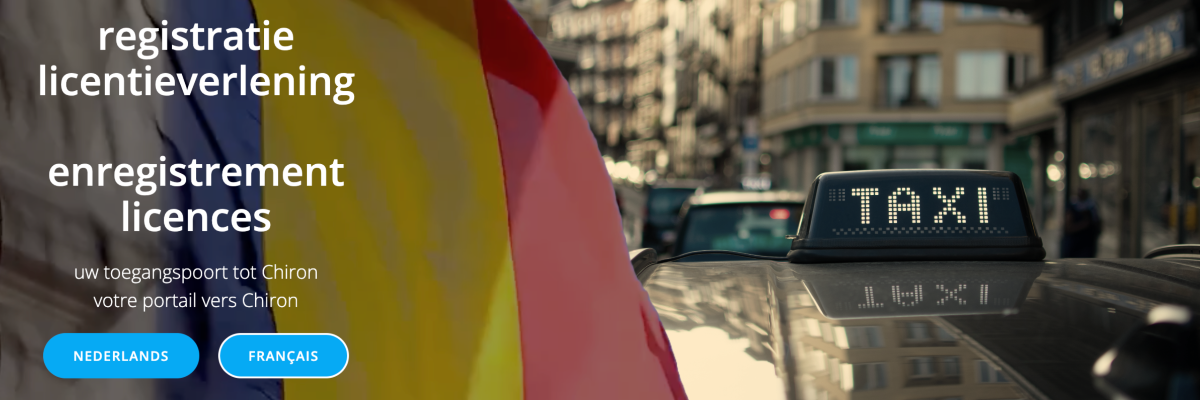It is an example of how public transport and cycling infrastructure can evolve together for safer and more efficient urban mobility.
De Lijn, the Flemish transport company, is taking energetic steps to improve cycling safety around tram tracks in Ghent. This initiative is part of a broader project to make the interaction between cyclists and trams safer. The project includes testing various methods and materials, such as fillers for rail grooves, roughening smooth surfaces at tram switches and investigating joints for the zone between track and road surface.
These actions follow a request from Lydia Peeters, the Flemish Minister of Mobility, and are carried out in collaboration with Ghent University and the Cyclists' Union. The focus is on finding sustainable solutions that increase the safety of cyclists when crossing tram tracks. For example, there are plans to apply a filler in the groove of the rails, which will prevent cyclists from getting stuck.
durable
An important focus is on filling the groove of the rails with a durable material. This prevents bicycle wheels from getting stuck in the groove, which often leads to falls. At the beginning of October 2022, this filler was tested at the depot in Gentbrugge, in collaboration with the Travelers' Union and the Cyclists' Union. The first results were positive, after which De Lijn further developed and tested the material together with external partners, even under difficult conditions such as winter weather.
In addition to testing materials, De Lijn also carries out infrastructural adjustments. This includes road surface repairs and renewals, the removal of unnecessary switches, and the repair of bend zones. Specific locations such as Kortrijksepoortstraat, Nederkouter, and Ledebergstraat have already been tackled.
This initiative arises from the growing need for improved cycling safety in urban areas where trams play a central role in public transport.

De Lijn collaborates with academic institutions such as Ghent University and social organizations such as the Cyclists' Union on this project
In addition, De Lijn is working on an innovative research project in collaboration with VLAIO to develop new solutions. The project, which involves both private companies and academic partners, focuses on the development of new materials that improve the interaction between tram tracks and cyclists.
“De Lijn has been researching and testing new innovative methods to increase cycling safety along tram tracks for some time now. For example, experiments are being conducted with fillers for the rail groove and the space between the rails and the road surface and roughening smooth surfaces of tram switches. Infrastructural interventions are also being carried out. We will continue to look for a sustainable and structural solution that will make it safer for cyclists to cross the tram tracks.”
Lydia Peeters, Flemish Minister of Mobility:
These efforts are part of a broader approach, which also includes infrastructural interventions, such as the removal of redundant switches, road surface renewals and the repair of bend zones. Such measures should contribute to a safer cycling environment in Ghent and possibly also in other cities where trams operate.
about De Lijn
De Lijn is the Flemish government company that provides public transport by bus and tram in Flanders. Approximately 3,5 million people use De Lijn's services one or more times a year. For its operation, the transport company receives a grant from the Flemish Region, the main shareholder. Ticket sales are the second source of income.
The De Lijn network has approximately 1 lines and 000 stops. All in all, the buses and trams make approximately 36 million journeys per year. Its own fleet consists of 000 11 buses and 2 trams. The private companies that run on behalf of De Lijn also have their own buses. They account for half of the bus kilometres.
With almost 8 employees, De Lijn is one of the largest employers in the country. The private operators also employ more than 000 people. As the main shareholder of shared bicycles, Blue-bike, De Lijn promotes and supports combi-mobility. Travelers can combine a bus or tram ride with a shared bicycle for the last part of their journey.




